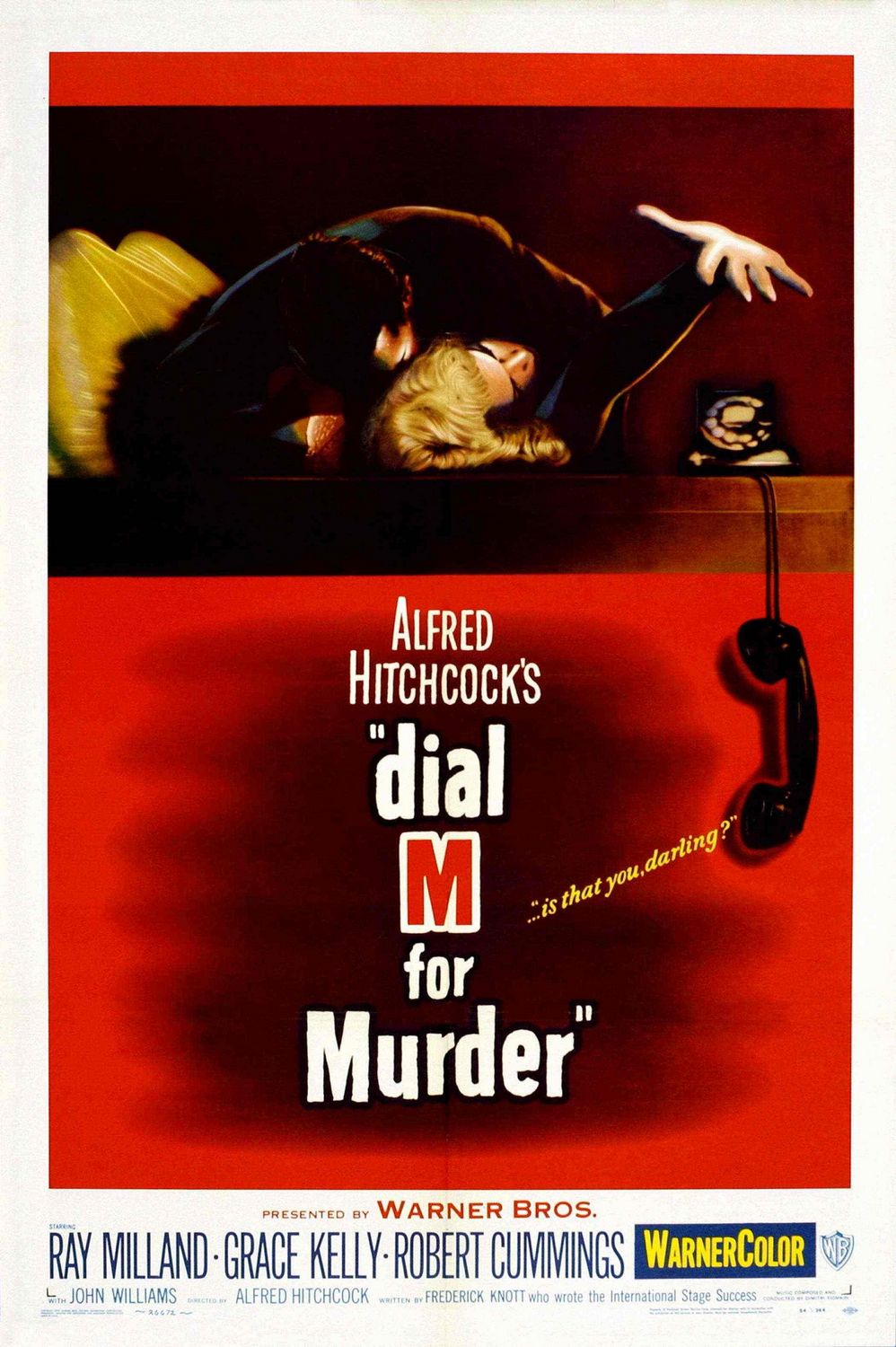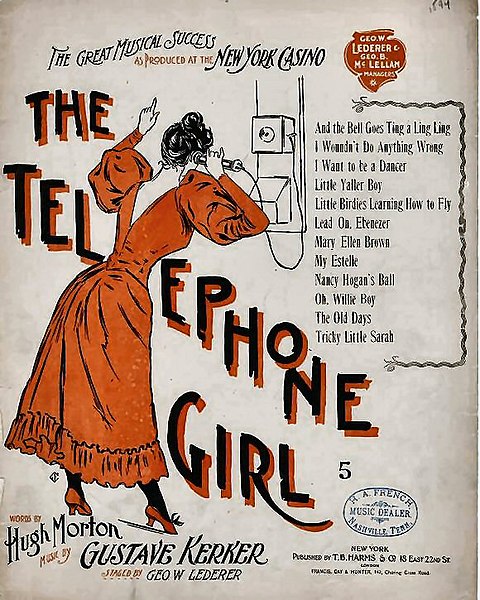How to make a good impression on an office phone.

The TU Libraries own some books about how to conduct office telephone calls, although many of the basic rules rely on common sense.
- If you are answering an office phone, always say the name of the company or institution for which you work, followed by the name of your department, and then your own name. Speak slowly and clearly, especially if the caller is a farang.
- Speak directly into the mouthpiece. If you are busy with the computer but must answer lots of phone calls as well, a headset may be a solution.
- Try not to eat or chew gum when you answer the office phone. Callers will get the impression that they interrupted your lunchtime or that you work in a kitchen.
- If someone arrives at your office when you are speaking on the phone, ask callers if you may put them on hold for a moment. In general it is considered more polite to deal with whoever needs to see you and has walked over to your desk instead of just calling. If the caller is a very important person, you may wish to deal with the phone call before you help the person standing in front of your desk.
- If you are placing callers on hold, be sure that they are on hold, and cannot hear what is being discussed in the office. This prevents callers from hearing indiscreet remarks made by office workers such as It’s that boring Khun X. who is bothering us again! What a nuisance!
- Answer quickly. Phones in offices should generally be answered after two rings or so unless you wish callers to think the office is closed.
- Avoid saying good morning or good afternoon since it is easy to confuse these, especially around 11:59am or 12:01 pm. If you get this wrong, people may think you cannot tell the difference between the morning and the afternoon. Just identify the department you work in, if necessary the person you work for, and your name.
- Before you put callers on hold, always ask Do you mind holding? or May I put you on hold? Most of them will not mind. If they do mind or cannot wait, ask if you can take a message and have someone call back or suggest they can call back at a specific time later when someone will be available to help them. Generally it is more polite to offer to call people back than to expect them to keep calling you all day until they can get what they want or need. Only lawyers refuse to call anyone back as a matter of policy, but then few lawyers are famous for being especially polite.
- Do not keep people on hold forever. If you have put someone on hold, check back around 40 seconds later and ask if they still want to hold. If they cannot, offer to call them back. Always thank people for waiting to make them feel better for having wasted their time.
- If you have more than one person on hold at the same time, try to remember who was put on hold first, so you can deal with that person first.

Transferring calls.
If you must transfer calls, always tell callers why. Ask them if it is all right if you transfer them. Otherwise people feel they are being sent in all directions and given the run-around instead of being helped. When you transfer calls to departments or colleagues, speak to them first to make sure they can take the call immediately. If they can, tell them whatever you know about the person, what is needed or wanted, and any other useful information so they can help the person without forcing callers to repeat the whole story again. When you speak to callers again, tell them who you will be transferring them to and include the direct phone number of that person in case they are cut off. This is helpful and makes it seem as if you care. If you do not know who to transfer a call to, take the number of the caller and ask someone in your office where to direct such calls. Let callers know that if they do not hear back soon from the right department, they should call you again. Be sure they have your name – spell it out to make sure — and phone number to do so.
- Find out who is calling. If someone asks for your boss, use polite phrases such as:
Yes she is in. May I tell her who is calling, please? or
She is away from her office; may I take your name and number? or
May I say who is calling? Thank you. Let me check and see if she’s in.
Always try to sound pleasant and kind, even if it is very painful for you to speak English. Try not to give away private personal information that is not necessary for the caller to know, such as: She is at the hair salon getting a new hairstyle or He is at the gym working out because he gained five pounds by eating fattening foods during his vacation.
- If you do not understand anything a caller says, try not to remain silent on the line or just be silent and then disappear. Say something like:
I am sorry, I do not understand, I will try to find someone for you who speaks English.
- Try to have the courage to try to speak to a farang even when you do not understand. Let them know you do not understand but will try to speak anyway:
I am sorry, I do not understand. Would you kindly say that again more slowly?
Please say that even more slowly, I still do not see what you mean.
Taking phone messages.
- It is best to take phone messages on forms designed for that purpose rather than on scraps of paper. Be sure to include:
The name of the person being called.
The name of callers – be sure to get the spelling right. If necessary, Google the names to make sure you have spelled them right – the companies or departments they work for and their phone numbers. If they leave an office phone number, you can ask if they have a cell phone number as well. Include the date and time of the call. Then write the message, whatever it is, such as Please Call, Will call back, or Urgent. Make sure that the message as you write it makes it clear what your colleagues must do to satisfy the request.
- Assume all messages are urgent unless you are told otherwise, so make sure they are delivered promptly. Assume that all messages are private and confidential. That means turning written messages over or folding them in half, so no one will read them apart from the person they are intended for.
Return phone calls quickly.
If your colleague calls back only to find the caller is absent in turn, this is frustrating and is sometimes called playing phone tag – when one person calls another who calls back and still they cannot speak to one another. To avoid this, ask for exact times you can call back to find a person in the office:
When is the best time for me to call again? or
When will it be most convenient for them to call me back?
If you take a message for a staffer, try to let callers know more or less when they can find the person in:
I expect her to return by 2p.m. You can reach her between 2 and 5. or
I am not sure when she will return, so please leave a phone number and when you can be reached.
Again, avoid giving away private and personal information that the caller does not need to know such as: She is always late getting back from lunch or He has a bad cold today so he is in a bad mood.

(all images courtesy of Wikimedia Commons).

